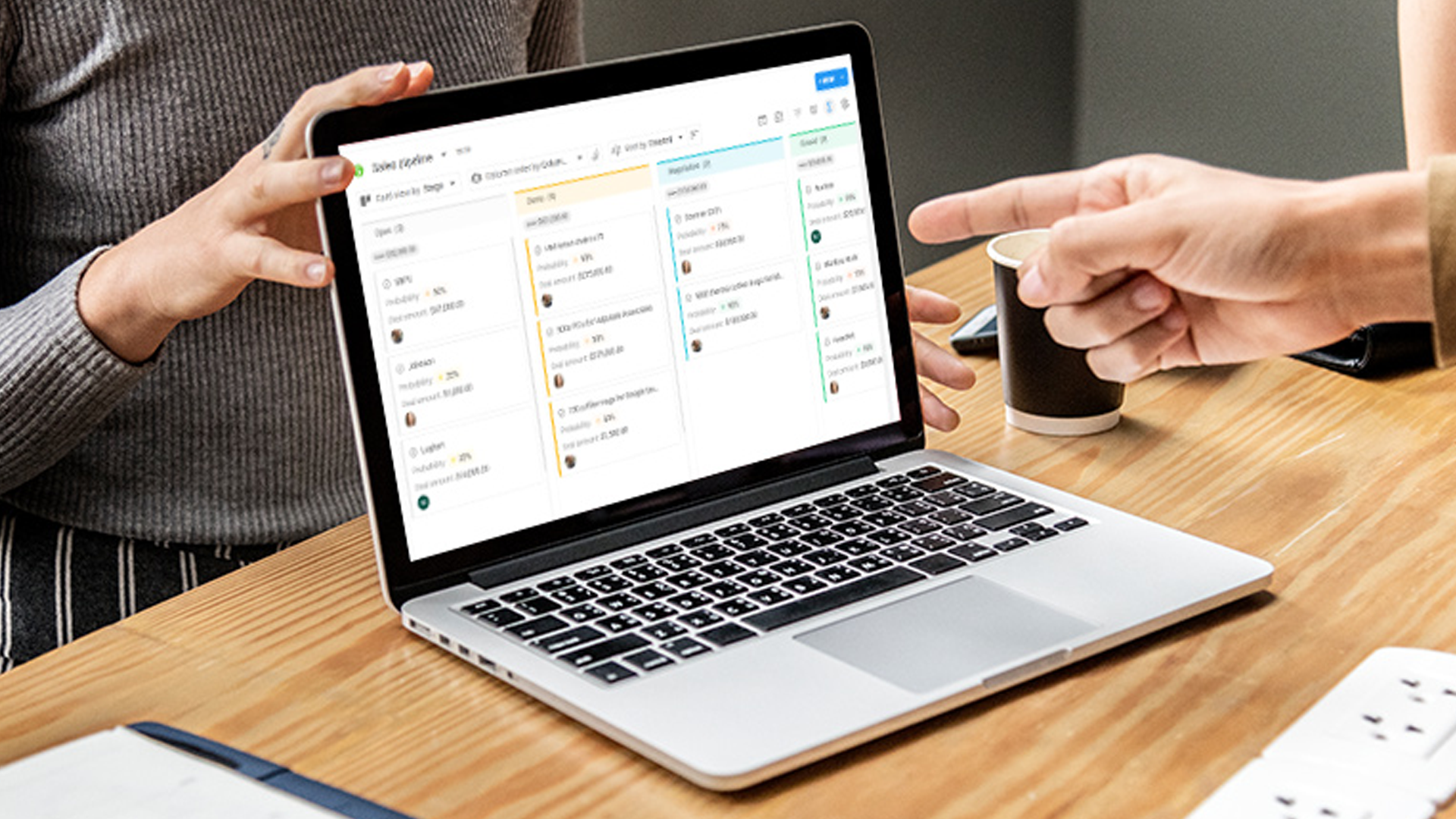My Real Estate Advisor
Property management has changed dramatically since the times of ledgers full of paper and large cards in a Rolodex. Digitization has brought new opportunities for how landlords, brokers, and managers run the operational side of a property. The value of real estate property management software has increased significantly, and they now feature mobility, automation, and data centralization and provide incredible insights into real estate management that have elevated the process.
As per IBISWorld research, the property management sector has been developing stable growth since 2022, reaching $16 billion in revenue. Considering over 2.5 million rental properties in the United States alone, managers look forward to the day technologies come in and do away with some of their jobs. Online Property Management Software have certain advantages that drive their adoption, and we will discuss some of them.
1. Centralized Data and Documentation
One of the most significant advantages of online commercial property management software is having all information related to each property available in one centralized platform. Managers can easily upload and organize leases, rent rolls, invoices, work orders, documents, etc. This enables oversight of the entire portfolio from a single dashboard rather than having data siloed across different locations and file folders.
According to Buildium’s 2022 Property Management Report polling over 6,000 property managers, nearly 80 percent say centralized data access is a vital software feature. Having tenant and financial information readily available in one place saves managers time previously spent searching across various sources.
2. Streamlined Communication
Communication is crucial in property management. Online Property Management Software facilitates seamless interactions between managers, landlords, contractors, and tenants. Solutions typically provide tenant portals that tenants can log into to submit maintenance requests, view statements, make payments, and more.
Buildium’s report found that 62 percent of property managers ranked online tenant portals as very effective for engagement. Email templates, automated notifications, and mass messaging capabilities allow managers to send updates and reminders easily across their entire portfolio. This removes the friction from common touchpoints like rent collection, lease renewals, inspections, and event announcements.
3. Maintenance and Task Tracking
Fielding maintenance requests, coordinating contractors, and ensuring repairs are completed is one of the most time-consuming aspects of property management. A commercial real estate portfolio software allow users to log any repair needs, assign tasks to staff or external technicians, and track the status through completion.
Managers can also implement preventative maintenance by creating recurring schedules for routine unit inspections, filter changes, equipment servicing, and seasonal tasks. Checklists and mobile access enable maintenance staff to complete tasks efficiently and document them on-site. This oversight means units are kept in better shape for longer, with 55 percent fewer emergency repairs, according to vendors like Repairtracks.
4. Simplified Billing and Payments
Collecting rent and issuing timely invoices is essential for property cash flow. Online Property Management Software platforms automatically generate and send customized invoices based on leased rates and add-on fees. Many integrate with major payment processors to enable secure online payments by card, bank transfer, or e-check.
Automated reminders and late notices can be triggered for delinquent accounts to reduce follow-up time. With over 83 percent of respondents to Buildium’s survey ranking online payments as essential, software tools undoubtedly improve billing efficiency.
5. Robust Reporting and Analytics
In today’s data-driven world, analytics should inform property management decisions. The best property management software dashboards include customizable reports and charts on metrics like occupancy rates, rent collections, maintenance costs, and more. Managers can track KPIs over time, drill into details, and export to share insights with stakeholders.
Some solutions apply AI and predictive modeling to guide optimal pricing, forecast expenses, identify issues, and make recommendations to minimize risk. According to JLL’s 2022 Global PropTech Survey, 46% of real estate firms already use business intelligence software, indicating the growing importance of data analytics capabilities.
6. Mobility and Accessibility
Cloud-based systems allow property managers the flexibility to oversee their portfolios from anywhere. Browser and mobile access provide 24/7 availability to all data and tools on the go. This enables managers to stay productive from the office, home, or on-site.
JLL’s survey found that 56% of real estate firms point to workflow mobility as a top driver for adopting new technology. As distributed work becomes more common, commercial property management software must be accessible across devices and locations.
Also Read, How to Create a Perfect Real-Estate Management Plan in 2024?
In Conclusion
Online Property Management Software has evolved from simple accounting tools to sophisticated all-in-one solutions. While human expertise remains irreplaceable, technology plays a substantial role in operational efficiency and strategic advantage. Centralized data, smooth communication, automation, mobility, and actionable analytics powered by online platforms are changing the game.
As real estate portfolios and client expectations grow, managers should continuously evaluate options to enhance processes using the latest property technology. The firms that fully embrace digital transformation will gain a competitive edge. With the right online property management system, managers can boost productivity, deliver exceptional service, and enable data-driven business growth.


